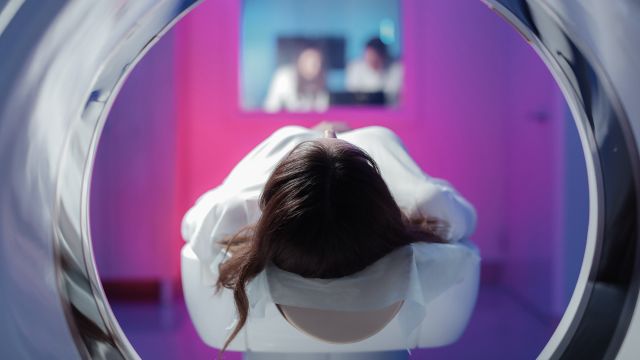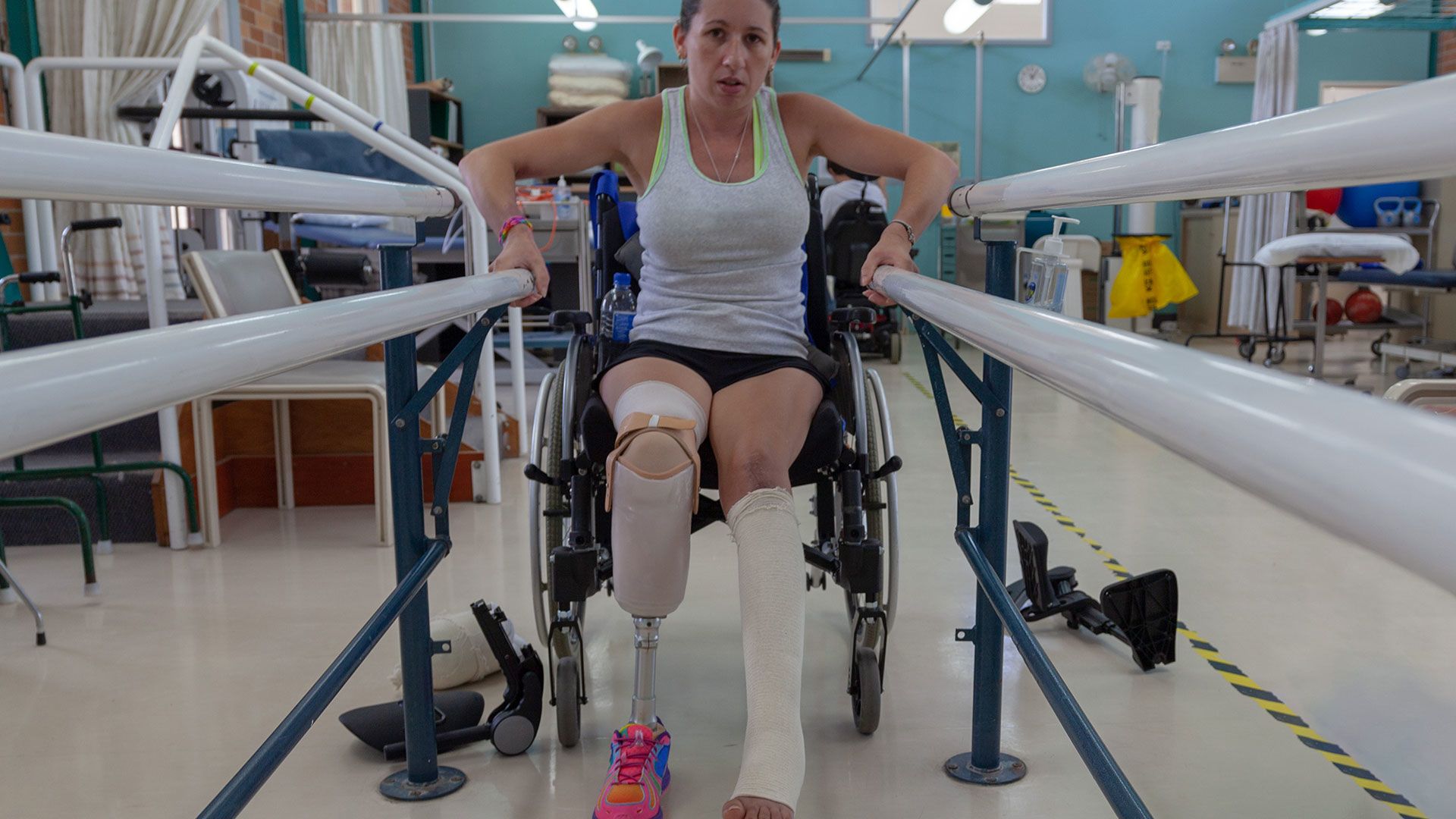Updated on August 1, 2023
Meningitis is an inflammation of the meninges, which are the membranes that protect the spinal cord and brain. Meningitis is usually caused by viruses or bacteria, but it can have other causes as well.
Bacterial meningitis can lead to potentially life-threatening complications, or even death. Meningitis B is one type of bacterial meningitis. It is caused by serogroup B of Neisseria meningitidis bacteria.
In addition to causing inflammation in the meninges, these bacteria can also enter the bloodstream, causing a severe infection called meningococcal septicemia (or sepsis). As the bacteria multiply in the bloodstream, they damage blood vessels and reduce the flow of oxygen to the skin, underlying tissues, and vital organs. This can lead to tissue damage, organ failure, loss of limbs, and even death.
How meningitis B spreads
The bacteria that cause meningitis B are spread through saliva and other respiratory secretions. People of all ages can get meningitis B, but older teens and college-age young adults make up a significant percentage of patients—and a number of outbreaks on college campuses have occurred in the past decade. Living in close quarters, sharing items such as utensils or water bottles, and kissing—all of which can be very common on a college campus—can promote the transmission of the bacteria that cause meningitis B.
How symptoms present themselves
It’s not always easy to recognize meningitis B because early signs and symptoms can resemble those of the flu or other viral infections. Symptoms of meningitis B may include the sudden onset of a fever, a severe headache, and a stiff neck that’s hard to move. Nausea, vomiting, muscle aches, rash, fatigue, and mental confusion are common too, as well as something called photophobia, in which the eyes become more sensitive to light. Meningitis B can worsen very quickly, even within a few hours from the start of symptoms, so it’s imperative to seek medical treatment as soon as possible.
How meningitis B is diagnosed
If meningitis is suspected, a healthcare provider will order tests, which will include a spinal tap (also called a lumbar puncture) to collect a sample of fluid from around the spinal cord. The fluid will then be analyzed for any signs of inflammation and to determine whether the infection is due to a virus or bacteria. Other tests may include a CT scan of the brain, blood and urine testing, and a swab collection of fluids from the nose or throat.
How meningitis B is treated
Once a doctor has confirmed a diagnosis of bacterial meningitis and identified the type of bacteria that's causing the infection, antibiotics will be administered intravenously to kill the bacteria. Often, even if bacterial meningitis is suspected, antibiotic treatment will begin. Patients may also be given a corticosteroid to help alleviate inflammation and swelling, as well as plenty of fluids to help prevent dehydration resulting from fever, sweating, vomiting, or poor appetite.
Close contacts—such as people living in the same household or anyone who’s come into direct contact with the patient’s saliva—may be given antibiotics as a preventive measure.
How to help prevent meningitis B
Because meningitis can have devastating consequences if not treated promptly, it’s important to talk to kids and teens about prevention. Refraining from sharing items that could carry saliva, such as water bottles, utensils, lip balm, or even towels, can help prevent the transmission of meningitis-causing bacteria as well as other infections. Washing hands often, with soap and water, can also prevent transmission.
In addition, the Meningococcal B vaccine can help protect against the bacteria that cause meningitis B. The vaccine is preferably administered to teens between 16 and 18 years old. This vaccination is especially important for those who are at higher risk of meningitis B. This includes anyone—teens as well as adults—with a rare type of immune disorder called complement component deficiency, those who are taking a type of medication called a complement inhibitor, those who have a damaged spleen, or those who have had their spleen removed.
This also includes those who are part of a population at increased risk because of a serogroup B meningococcal disease outbreak. You can talk to your teen’s healthcare provider to learn more about vaccination options.






